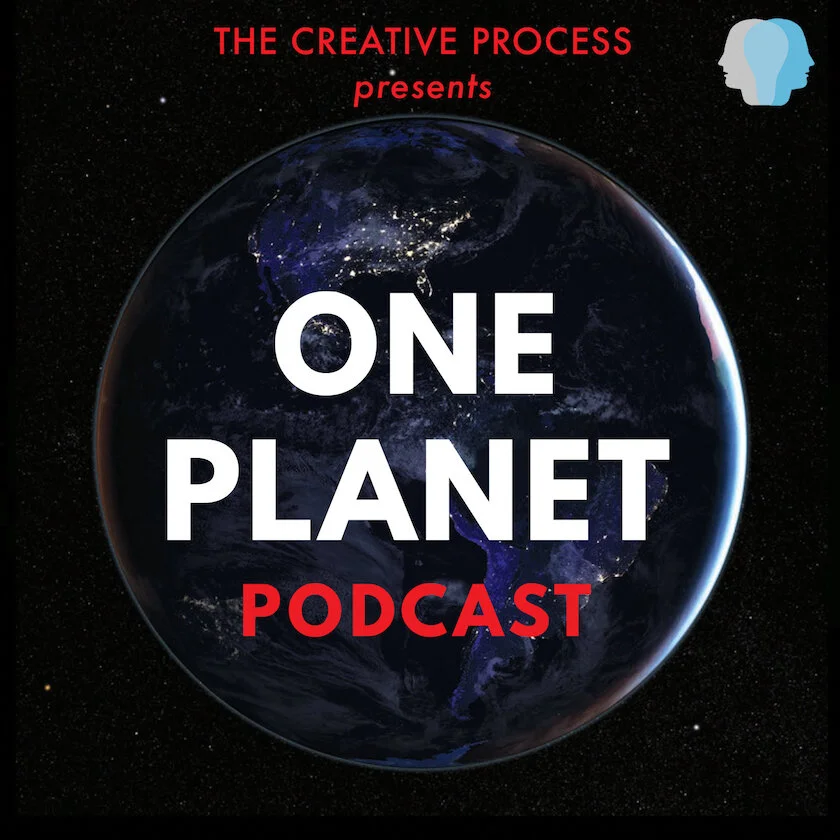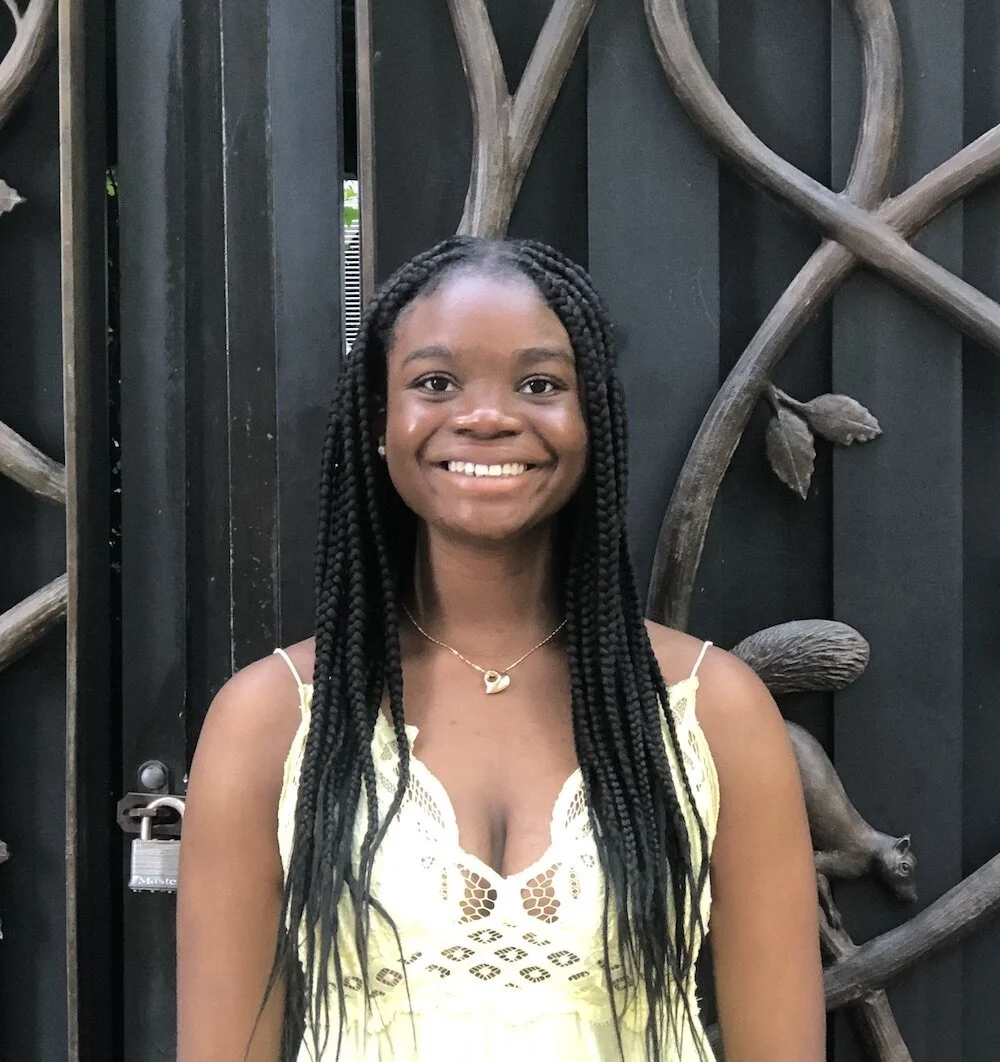Trees. I love trees. There are so many most important, most significant, most dire problems facing climate change. It’s hard to pick just one that actually means the most, but deforestation stays on my mind like dry gum stuck to asphalt. I value trees so much—their knowledge, their wisdom. They’ve survived the test of time for millions of years and they have seen Earth change, civilisations rise and fall, literally watched Earth shift into what it is now. And they will continue to watch, continue to see, to know, trees are all-knowing and there’s so much to learn. Not only do they just erupt from Earth, stand tall and true, looking majestic, they provide us with free, clean air. And we’re chopping them down? For what? A few scraps of paper here and there? My personal pledge is to become fully digital. I see no reason to buy paper notebooks and print paper when we have laptops, tablets, and smartphones. However, in the grand scheme of things, I don’t know if the world will ever become fully digital. Many people do not have access to proper and/or stable electricity, internet connection, and cannot afford technology that would give them the ability to become fully digital.
❧
The importance of storytelling within Black culture is to create and continue community, as well as preserve history. The stories my mother tells me of my great-grandmother’s and my grandmother’s struggles as women who grew up in the Jamaican countryside farming to make ends meet—that’s my history. These are the stories I will tell my children, and then I will tell them my mother’s story. Inez Brown, born to Iris Campbell and Justin Brown, born in Peddie Piece, Hanover, Cornwall County, Jamaica. A woman who did not grow up with much, but her parents gave her all that they had, and nineteen years later began returning the favour to her own children. A woman who travelled miles to reach where she is today, literally and figuratively. A woman who worked tirelessly to be able to support her mother the way she was supported as a child. This is my history, and I can only hope my story will be remembered as well.
The importance of creativity and art is emotional expression. To me, in Black art, there is no greater emotional expression than pain. Black art is the pain of an entire race, created by us, and for us. Every time I write a poem I am releasing the stress, the weight, of the pain I feel for myself and for other Black people.
I hope to hear people’s stories. Of course, I’m here for the environmental aspect. But I want to hear people’s stories in the way they talk about their relation to nature, the environment, Earth in totality. Not only do I want to report on their work and what they’re doing, I’d love to encapsulate their stories in poems to share alongside them so that their passion and commitment is understood.
❧
Currently, I’m writing for the Columbia University Climate School’s blog, State of the Planet. Every two weeks, I publish a new poem related to nature (or more specifically, Jamaican nature). Within the next few months, I will have my own section on the blog dedicated to solely my work. Additionally, I’m working on securing an internship within environmental activism, or research. This plan is up in the air and nothing is solid yet. In the fall, I’ll begin working for the Barnard Environment and Sustainability department as an office assistant conducting surveys, finding research, for example, on studies aimed at reducing energy on college campus, as well as planning events to inform and alert people of the work being done to make Barnard a more sustainable campus.











